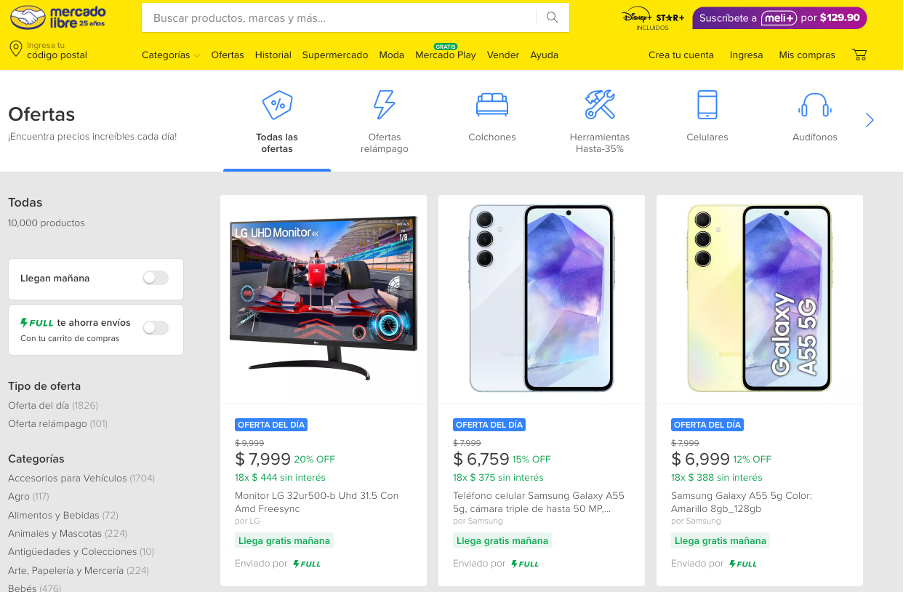How did GMV grow 685%?
Mercado Libre. More than Amazon! Equity Research! Part 1/3.
For as long as humanity has existed, people have been trading with each other. Apple for an orange, fish for bison, labor for shelter. As we evolved from hunter-gatherers to farmers, to urban city dwellers, the way we traded goods and services changed. People realized that by specializing in what one is best at and trading the output, we could drastically improve our lives. In corporate speak, people found their “core competency”. Miners were mining ores, cooks were cooking, and lumberjacks were cutting trees.
People and organizations that enabled this trade of specialized goods and services became extremely important. The Dutch East India Company became exceptionally wealthy trading goods between Europe and Asia. Cornelius Vanderbilt was one of the US railroad pioneers during the late 1800s. His railroads enabled the transportation of goods from manufacturers to customers at a never-before-seen speed and efficiency! John Pierpont Morgan empowered money to flow through the booming US banking system.
What if I told you that there is a single company doing all 3 of these things?
Facilitating trade of goods!
Enabling the transportation of goods!
Empowering the flow of money!
If you read the title of this report correctly, you know I am talking about Mercado Libre, the e-commerce giant of Latin America. Established in 1999, the company is listed on the Nasdaq, founded in Argentina, with a head office in Uruguay. Mercado Libre means “free market” in Spanish. The company has ambitions to become the ultimate commerce and technology champion for 650+ million people in Latin America. Try finding a company whose name matches their goals more than Mercado Libre, I will wait.
During the last two decades, founder and CEO Marcos Galperins lowly but steadily worked towards that goal. However, since 2019 the growth has just exploded, Mercado’s revenues grew by 530%. Understandably, the stock is up over 400%.
Is Mercado Libre really, “the Amazon of Latin America” or maybe it is even more than that?
Let’s dive in!
1. Facilitating the trade of goods
2. Enabling the transportation of goods
3. Parts 2 and 3
1. Facilitating the trade of goods
Globalization has made us more connected than ever. No longer are we “forced” to be satisfied with local products. Goods from all over the world are now available quickly and cheaply. That wasn’t always the case and still isn’t the case in all parts of the world. Mercado Libre is working to bring fast, cheap, and reliable e-commerce services to an underserved part of the world!
Mercado Libre Marketplace
Marketplace is their flagship product, an online marketplace that facilitates the trade of products.
Customers can easily browse



